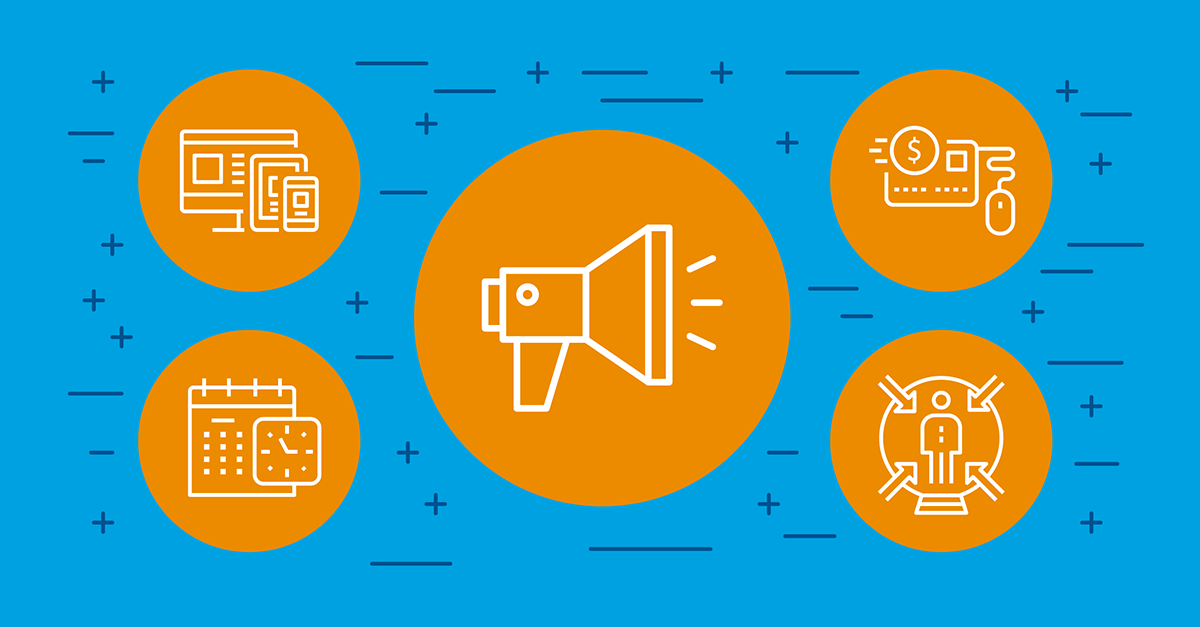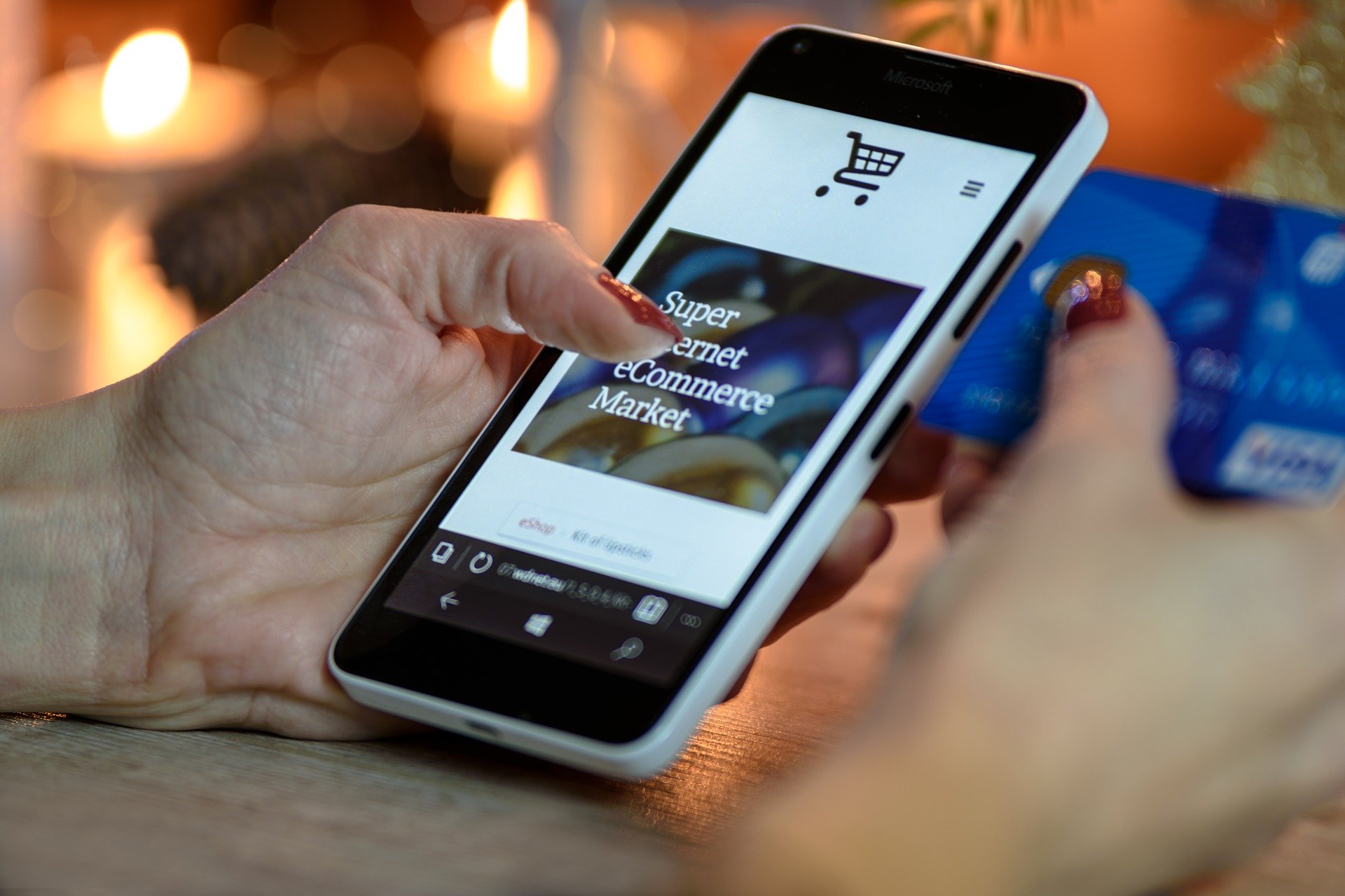Marketers always try to research the top tips and catch up with trends to stay ahead of their competition. And personalization is one of the power tools for brands to survive and increase their ROI. Personalization allows marketers to directly interact with individual consumers, whilst controlling the context and timing of the content that’s delivered.
In this post, we show you how will personalization in 2020 looks like, as technology has improved and data has become easier to generate.
What is Personalized Marketing?
Personalization is the way you leverage consumer data your advantage. It based on their previous purchases, demographics, or any other personal data to give individualized offers, product suggestions, and other content to your visitors.
In today’s world, especially in ecommerce, more and more brands start personalizing their content. For example, many digital businesses like Amazon and Netflix offer powerfully predictive personalized content recommendations. This improves the user experience, as the users tend to spend less time browsing and thus make purchases more spontaneously.
Netflix is a typical sample, knows exactly when you press the play or pause button, when you add a title into your watchlist, or when you stop watching half-way through. The platform constantly develops and improves its algorithms to ensure a great customer experience.
Additionally, Netflix goes far to personalize your homepage, each of its user’s homepages is different from others. They are also personalized based on your knowledge of actors that are in it. This ensures that you’ll be more enticed to watch.
Artificial Intelligence (AI) is to The Key for Predictive Personalization
Gradually, real-time data becomes more actionable for marketers to utilize effectively and platforms have greater agility and adaptable. That makes personalization efforts become more granular, which forces brands to make some serious decisions.
AI is particularly powerful when it comes to predictive personalization. AI provides the extraordinary quantities of data, then it carves into detailed, accurate and nuanced psychographic segmentations. From that, marketers dissect the information to draw out patterns of contextual behavior within them.
Finally, the content including everything from brand offers and messages to specific calls to action and product recommendations serves to hyper-specific personality types based on a specific context. That giving marketing the power to affect customers’ decisions.
However, there are some problems that enterprises must be wary of, which are growing concerns about data use, an ever-increasing awareness of how digital media operates and a general skepticism towards businesses. Creating an impression of surveillance and misusing data could harm an organization in today’s climate.

You might also like The Rise of D2C
Personalization Marketing Must Base on Trust
Research conducted by Boostify pointed out that 90% of consumers report feeling positively towards firms who treat them as an individual, but only 20% feel there are any brands that understand and care about them. It means that marketers still have a lot of work to do.
Businesses that are willing to put customers first and seriously prioritize individual needs over profit, will get the benefit of personalization. Look back at the examples of Netflix and Amazon, these two companies have a successful personalization works is because it solves the problem of ‘information overload’.
In addition, personalization is a way to remove irrelevant messaging and make navigation and communication easier. It not only serves genuinely compelling and relevant content but also ensures that their process is more transparent.
Having a great personalization marketing campaign helps brands to build trust with customers and make consumers feel valued as individuals. In turn, personalization will prove as powerful an investment as anything else in 2020.
Consider personalization in your business long-term strategy to increase brand loyalty and have sustainable growth. Fundamentally, the state of personalization in 2020 quite the same as the state of business in 2020 more generally, that trust is the all-powerful commodity.
Conclusion
Nowadays, consumers have much less time than they ever had before, so they do not want to be bothered with irrelevant content and waste time searching for what to purchase. Then personalization will help brands to meet their customers’ needs. This makes customers spend less time to make a decision on whether they purchase items or not. Then they will convert into a paying customer much faster.
Have Shopify stores? Check out the best Shopify apps to increase sales.



